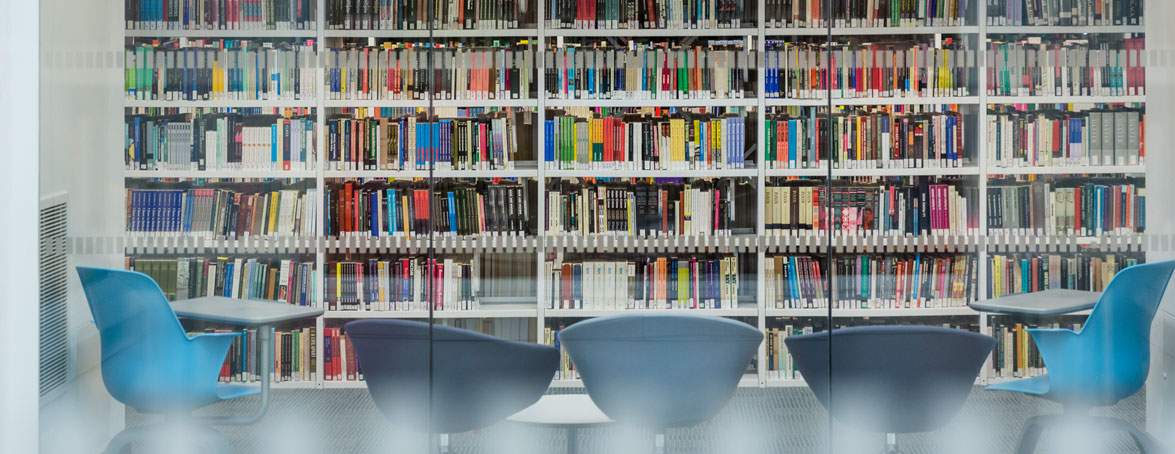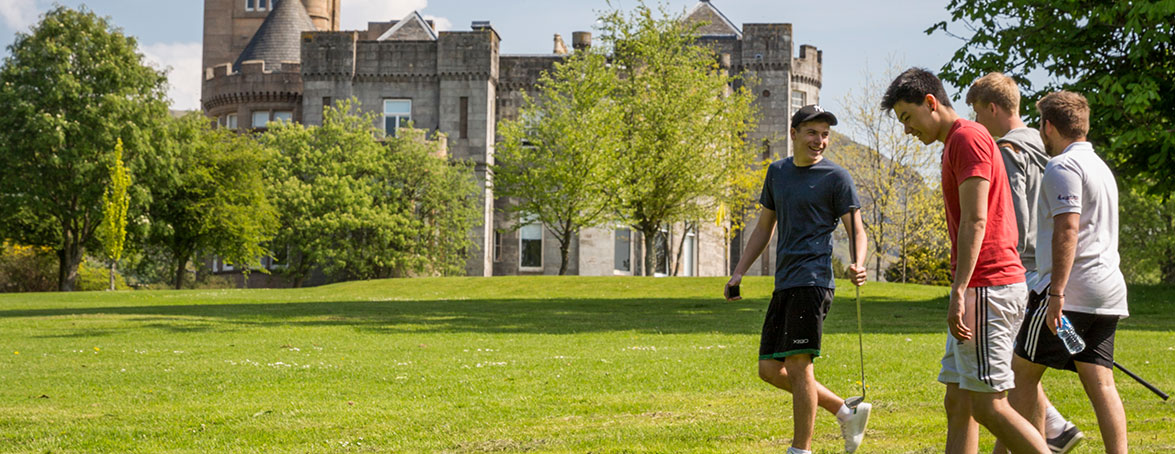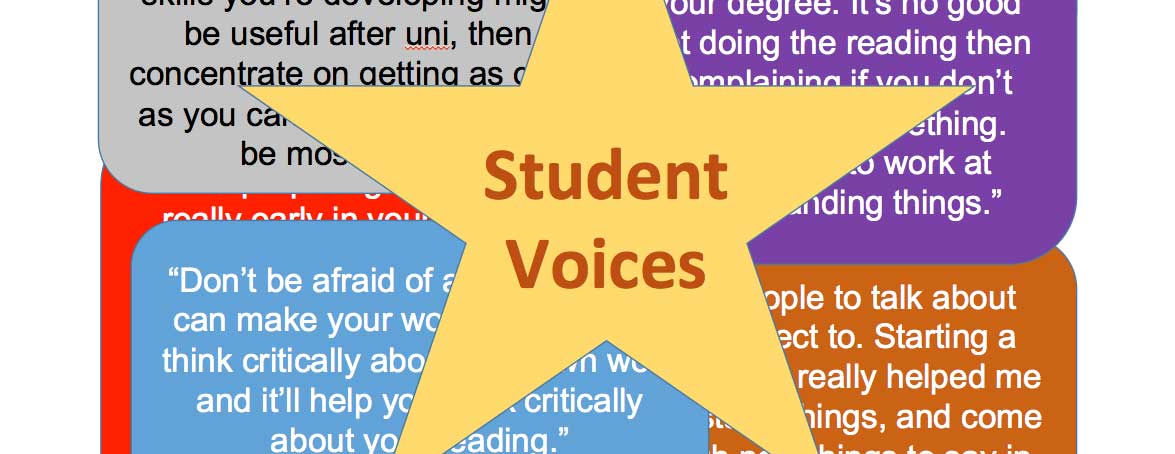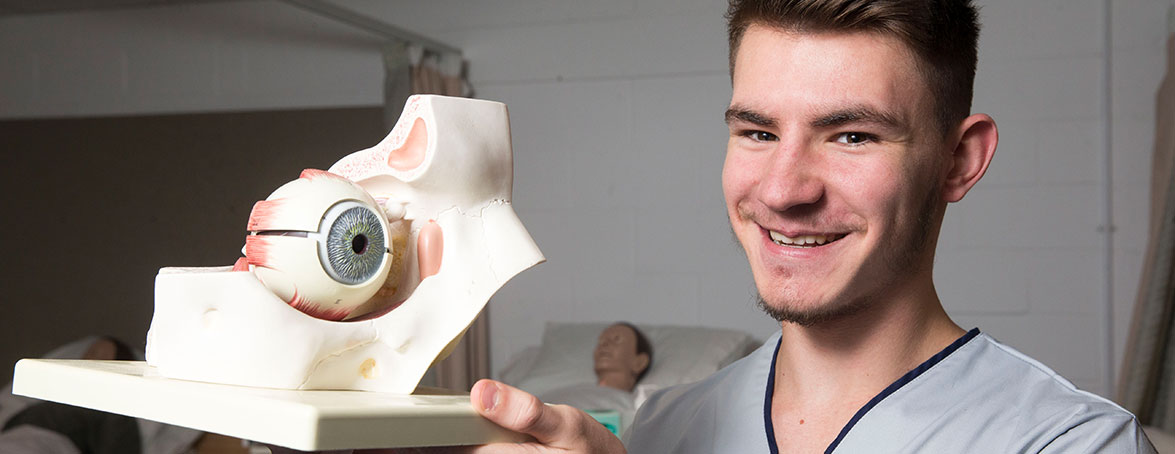Student Destination Showcase
In the final year of students’ undergraduate study, we turn our attention to the transition to the world of work or further study. At Stirling, we support students in developing both the personal and professional skills that employers are looking for. Students will leave with strong transferrable skills that help with the transition into work and make them attractive to a wide number of employers in a range of fields.
We do this in a number of ways:
- By providing internship opportunities and creating connections
- By giving references and reviewing students’ CVs to help them begin a successful career
- By teaching students important presentation and communication skills that they can use in any future position
For more: see the information on the right-hand side.







